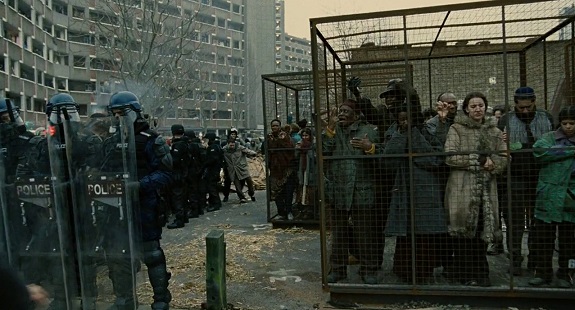7.30 at the North London Tavern
UPDATE
Peter Thompson writes:
The competition theme of Dystopia attracted seven well-turned entries, each coming at it from a different angle. Michael Barry’s HISTORY OF THE WILD VOGELS over-ran but we enjoyed every minute of Hitler’s Last Stand [a terrifying performance by Phil Mison] in a farmhouse in Galway where the kindly landowner, Stephen Cavanagh, forms the last remnants of the Reich into a singing group, The Wild Vogels: they earn their keep by singing in Bars and Family Hotels and gorge on the delicious pastries provided by beautiful Eva Braun aka Natasha Staples.
Natasha switched to a wonderful West Coast accident in a dialogue with a pump attendant in Oregon [where such ready listeners are to be found apparently]. The title RITZMED did not give much away and only a late reference to the Wall of Mexico hinted at a dystopic future, but Sian Williams kept us chuckling and scored 157 points.
Peter Thompson’s TEMPLE OF LOVE contemplated the conversion of an ancient parish church into a spiritually led brothel [“evening services at St Salome’s”] where sinners could resort for love and forgiveness or, if preferred, mortification of the flesh in Miss Hardbroom’s specially equipped crypt: fifth place with 177 points.
Michael Barry’s IT MIGHT BE DYSTOPIA came fourth with 183 points. It was about a commune set up by Pete Picton and Denise O’Leary which turned out to have much more discipline than the world outside and proved a turn-off for drop-outs like feisty newcomer, Megan Gilmartin.
There was a tie for second place with 190 points: Lynne O’Sullivan turned in A BREAK IN UTOPIA, a very neat story of how a cheating husband, Phil Philmar, turns up at the Utopia hotel in Italy expecting to meet up with his latest girlfriend but has a surprise visit from his wife. What went wrong? The silly fellow ignored the concertina player’s advice to toss a coin into the wishing well and UTOPIA became DYSTOPIA, geddit. Marriage under stress featured in Elaine Clayton’s A ROOM WITH NO VIEW in which a priapic Clive Greenwood, in great Carry On form, had the tables turned on him by his vengeful wife who set him up for permanent confinement in a subterranean hospital room.
Way out in front was Peter Skyte’s disturbing glimpse of 2084 (211 points) in which Richard Evans gave a heart-rending performance as a 136 year old who turns up on a hospital appointment to see a consultant about his prostate and finds that “the system” not only fails to acknowledge his appointment but won’t even let him use the toilet. Help, please get me back quickly to the present day!
Thanks to all participants and particularly to Christa Engelbrecht who set it all up to run like clockwork and to Chukwudi Onwere who delivered a very entertaining evening to a full house and presented certificates to the winners. Well done, all.


